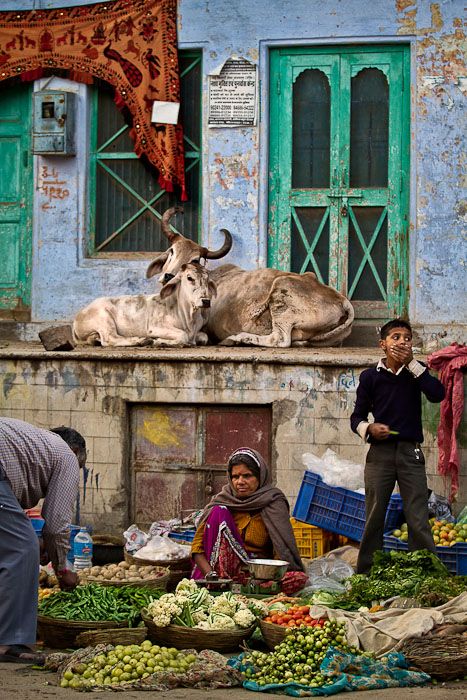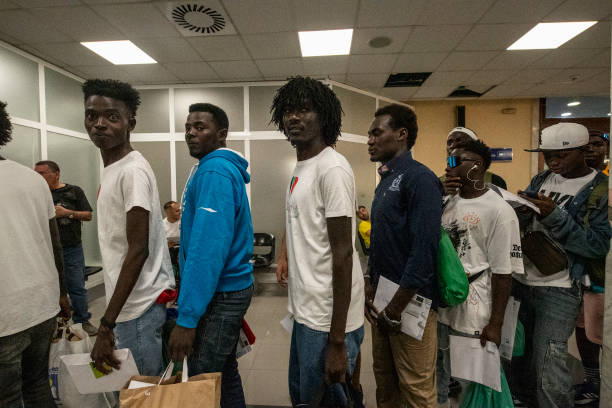Nigeria-Brazil $1 Billion Agricultural Deal

Vice-President Kashim Shettima has lauded the over $1 billion Nigeria-Brazil Green Imperative Agricultural Initiative, marking a significant milestone in Nigeria’s revitalized strategic alliance with Brazil. This commendation was made during the opening session of the 2nd Nigeria-Brazil Strategic Dialogue Mechanism held at the Presidential Villa in Abuja. Shettima emphasized that the partnership is rooted in mutual respect, practical cooperation, and a shared dream between two major democracies committed to tangible outcomes and mutual prosperity.
The Green Imperative Project, jointly developed by both nations, is designed to deploy over $1 billion to provide mechanised farming equipment, extensive training, and crucial service centres across Nigeria. This ambitious initiative aims to create jobs, significantly boost agricultural productivity, and bolster Nigeria's ambition to achieve food security not only for its own populace but also for others. Brazil's Vice-President, Geraldo Alckmin, reinforced the strengthening of the Brazil-Nigeria partnership, highlighting its foundation on shared values and a concrete agenda for results. He also acknowledged Nigeria’s participation in the 2nd Brazil-Africa dialogue on food security held in Brasilia.
Shettima underscored that the relationship between Nigeria and Brazil transcends mere geography, being driven by common ambition. He described the partnership as a model for South-South cooperation, deeply grounded in pragmatic ambition. Given Brazil's substantial Afro-Brazilian population, second only to Nigeria globally, Shettima aptly referred to the two nations as “cultural siblings.” He also pointed out Nigeria’s growing demographic influence, with its population exceeding 230 million and projections to become the world's third most populous country by 2050.
The Nigerian Vice-President reaffirmed the President Bola Tinubu administration’s unwavering commitment to economic reforms that are actively reshaping Nigeria’s investment landscape. He outlined Nigeria's foundational efforts towards achieving a $1 trillion economy by 2030, with comprehensive reforms spanning agriculture, energy, education, and public finance. Specific measures include the removal of fuel subsidies, the unification of the exchange rate, and the implementation of a new business facilitation regime, all geared towards restoring credibility to markets and discipline to public finance. Shettima called for enhanced cooperation across security, health, education, and innovation, stressing the importance of promoting access, quality, and inclusion through initiatives like student loan schemes and digital learning platforms.
The dialogue saw the signing of seven Memoranda of Understanding (MoUs) on its first day, with approximately 30 MoUs expected to be finalized over the three-day state visit. These agreements cover critical sectors, including an addendum to the Strategic Dialogue Mechanism, an Agreement on Defence Cooperation (opening new avenues for military training, intelligence sharing, and defence technology), and an MoU on Technical Cooperation on Energy (outlining joint plans for electricity generation, renewable energy development, and energy access solutions). Other signed MoUs include cooperation in Livestock, Agriculture, Food Security, Audiovisual Cooperation, Tourism Cooperation, and Combating Illicit Drug Trafficking. These agreements are seen as pivotal steps from aspiration to execution, and from promise to proof.
From Brazil’s perspective, Vice-President Alckmin highlighted areas where the two countries have strengthened cooperation, citing frequent high-level visits, including President Bola Tinubu’s participation in the G20 and the upcoming BRICS meeting. On climate issues, Alckmin positioned Brazil, with the world's largest tropical forest, as a powerhouse in the green and low-carbon economy. He extended an invitation to Nigeria to participate in COP30 in Belém, emphasizing the critical need for cooperation on these global issues. Brazilian Ambassador to Nigeria, Carlos José Areias Moreno Garcete, underscored that Brazil’s foreign policy, under President Luiz Inácio Lula da Silva, prioritizes relations with Africa, viewing it as integral to Brazil’s domestic agenda.
Nigerian ministers also contributed to the dialogue, with the Minister of Defence, Mohammed Badaru Abubakar, emphasizing deepening defence cooperation, particularly in maritime security in the South Atlantic. The Minister of Agriculture and Food Security, Senator Abubakar Kyari, sought further partnership with Brazil to advance Nigeria's food security strategy under the Renewed Hope Agenda. Minister of Foreign Affairs, Ambassador Yusuf Tuggar, noted the event's significance in Nigeria-Brazil bilateral relations, which date back to the 1960s, and highlighted the dialogue’s role in deepening ties through economic and social development. The overall consensus was that the Strategic Dialogue Mechanism is not a mere formal reunion but a robust working platform designed to drive implementation, collaboration, and tangible progress across all key sectors, urging participants to focus on coordination and measurable results.
You may also like...
In the Shadows of the Signal: How Africa is Fighting a War It Cannot See

The article discusses the growing threat of cyberattacks in Africa, likening it to a "quiet war" being waged through dig...
Beyond Fintech, A Continent on the Rise

Africa's tech landscape is rapidly diversifying beyond fintech. Discover how innovation in sectors like AI, health tech,...
Should Religion Still Dictate Morality in a Secular Age?

This bold essay unpacks the complex relationship between faith, law, and public life—exploring where religion uplifts mo...
Africa’s AI Moment: Are We Innovating or Just Consuming?

As AI reshapes Africa’s digital landscape, the continent stands at a crossroads: Will it lead innovation or remain a tes...
The Rise of AfroAnimation: How African Studios Are Telling Our Stories With Global Appeal
(26).jpeg)
African animation is breaking boundaries as studios across the continent craft vibrant, culturally-rooted stories with g...
Digital Dakar: Why Senegal Is Africa’s Next Fintech Capital

Senegal’s capital, Dakar, is emerging as Africa’s next fintech powerhouse, driven by mobile money innovations, a youthfu...
The Global South Doesn’t Need a Savior: It Needs Equity

This incisive essay dismantles the outdated saviour complex, calling for a bold shift from patronising charity to genuin...
The Strangers Next Door: A New Dilemma at Africa’s Threshold

The article discusses the deportation of African nationals by the United States to eSwatini, a small southern African ki...


